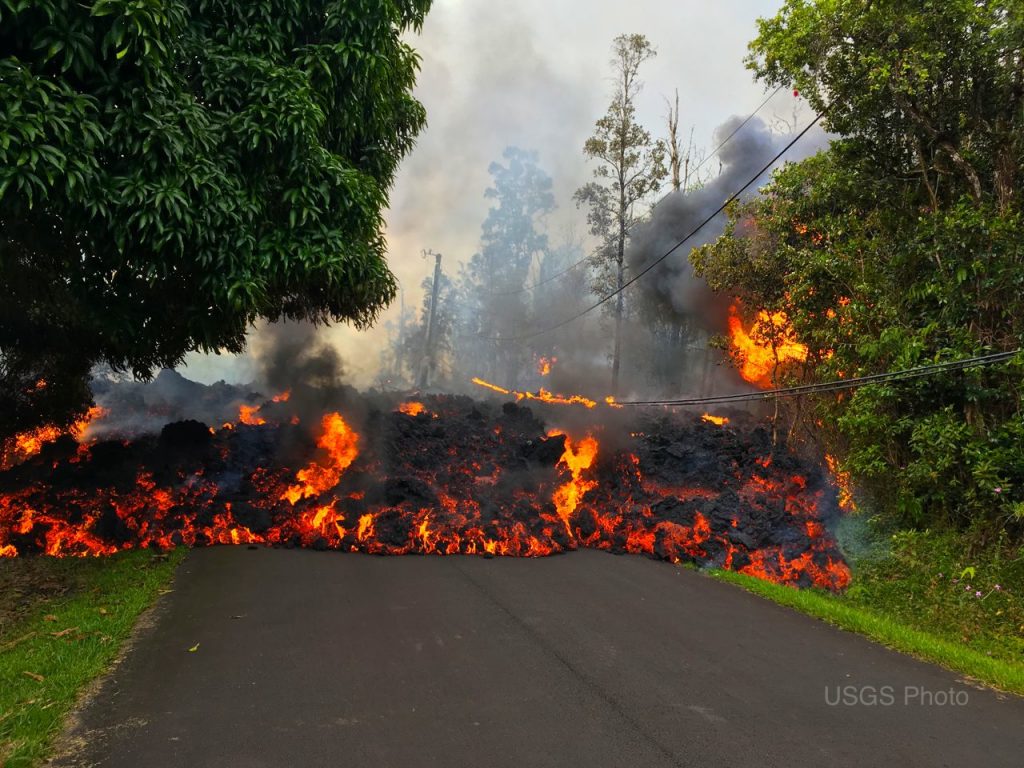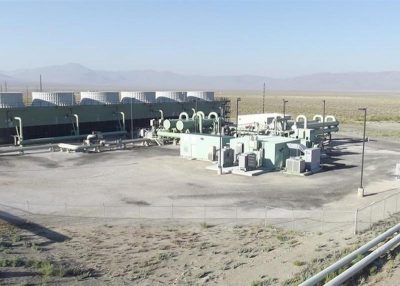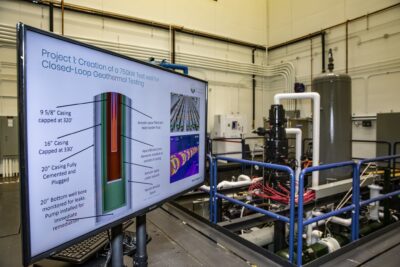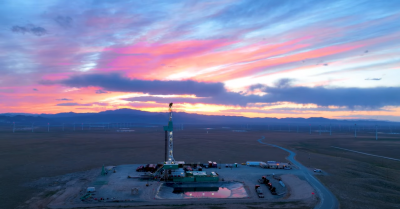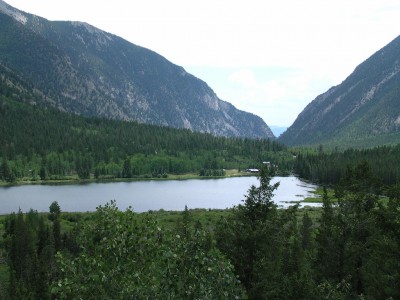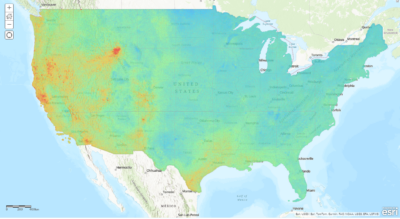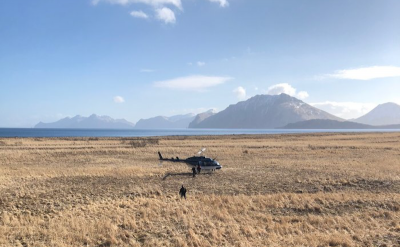Mitigating risks from volcanic eruption on Puna Geothermal Plant, Hawaii
Gov. David Ige of Hawaii has issued emergency proclamation for the 2018 Kilauea eruption that, among other establishes lines of authority that will enable comprehensive response to risks posed by the current eruption, including possible impacts to Puna Geothermal Venture (PGV), which is located on Kilauea’s Lower East Rift Zone.
In a press release today, the Governor of the State of Hawaii, David Ige has announced steps to mitigate risks to the Puna Geothermal Venture geothermal plant posed by the eruptions of Kilauea volcano on the Big Island of Hawaii.
Gov. David Ige has issued a supplemental emergency proclamation for the 2018 Kilauea eruption that, among other emergency management functions, establishes lines of authority that will enable a more comprehensive response to changing and unpredictable risks posed by the current eruption. Those risks include possible impacts to Puna Geothermal Venture (PGV), which is located on Kilauea’s Lower East Rift Zone.
The governor is exercising his authority, as provided by Hawaii Revised Statutes 127A-12(13), and has directed the Director of Emergency Management, the Administrator of the Hawaii Emergency Management Agency, Mayor Harry Kim, and the administrator of the Hawaii Civil Defense Agency, to lead a team to develop and implement mitigation steps as necessary to protect public health and safety. In addition to county responders, the team will include federal and state agencies, as well as PGV.
In announcing his plans, Gov. Ige said, “I am placing a tremendous degree of responsibility on two nationally and internationally renowned emergency and mission managers. Hawai‘i Emergency Management Agency (HI-EMA) Administrator and retired U.S. Navy Captain Thomas Travis, and County of Hawai‘i Mayor Harry Kim, are proven leaders who care deeply for the public and have the capacity to plan, mobilize and get the job done in a quick and efficient manner.”
Given the current situation, the governor determined that a team approach will ensure the most responsive and effective outcomes. Therefore, he has directed Administrator Travis to work directly with Mayor Kim and the County of Hawai‘i’s Civil Defense Director Talmadge Magno. Other key agencies include the Hawai‘i National Guard, the state Departments of Health, and Land and Natural Resources, as well as the County of Hawai‘i’s Departments of Planning, Fire, Police and Parks and Recreation. Puna Geothermal Venture will be incorporated into the team to provide critical knowledge of the facility and operational functions.
The team will review and assess the existing PGV Emergency Response Plan and develop a specific mission strategy deemed appropriate to mitigate potential impacts from lava. Expected steps include addressing the supplies of pentane gas used in the production of geothermal power including options for off-site relocation or controlled leakage or burn. Contingency plans will be made to secure and evacuate area residents should lava intrusions cause elevated levels of hydrogen sulfide (H2S) or sulfur dioxide (SO2) to be released.
“State and county teams will work closely to marshal the necessary resources to fully engage and ensure a successful effort to secure PGV’s facilities and protect public health, safety and the environment,” said Gov. Ige.
Gov. Ige and his team have spent several days in the field viewing and assessing the current eruption and conducting briefings and meetings with Mayor Kim, state and federal resources and community members to fully assess the ongoing activities and impacts in the Kilauea Lower East Rift zone.
Source: Official release
